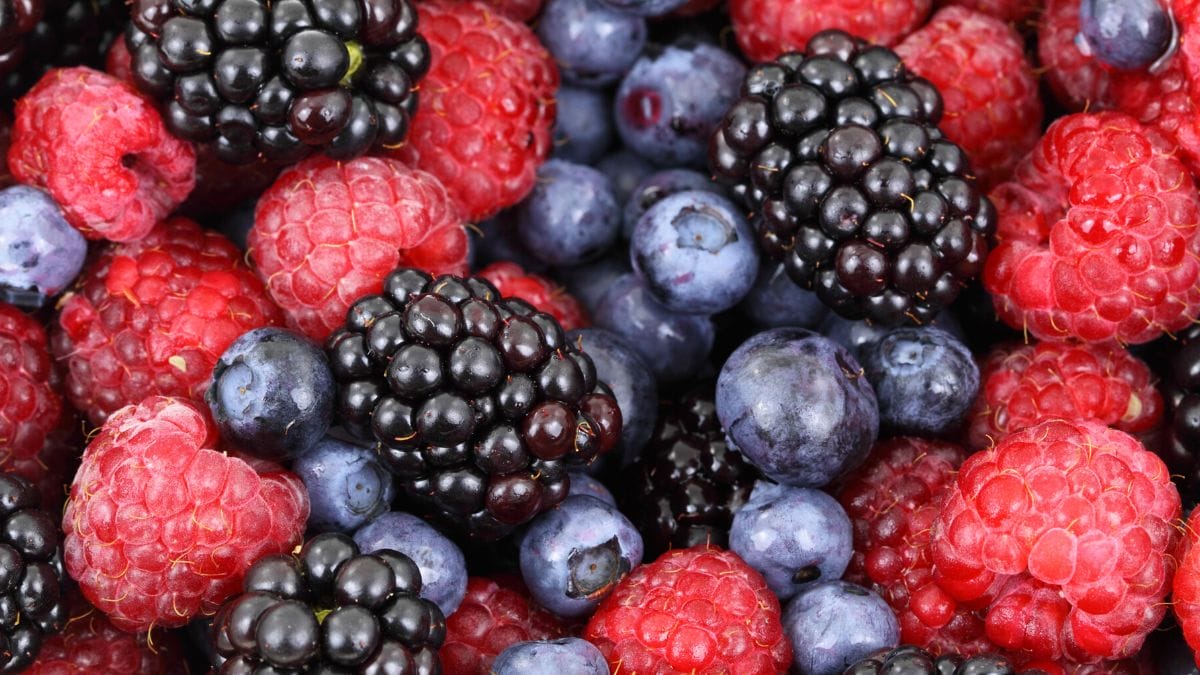Antioxidant RESVERATROL can be found in berries and grapes. To shield skin cells from harm, it neutralises free radicals. Read to learn more about Resveratrol.
What is RESVERATROL?
The skin of grapes, blueberries, raspberries, mulberries, and peanuts are some food sources of resveratrol. Resveratrol is a stilbenoid, a type of natural phenol, and a phytoalexin produced by several plants in response to injury or when the plant is under attack by pathogens, such as bacteria or fungi. Additionally called trihydroxy-trans-stilbene. There is no high-quality evidence that resveratrol extends the life or significantly affects any human disease, despite the fact that it is frequently used as a dietary supplement and studied in laboratory models of human diseases. However, a review of human studies found mixed effects of resveratrol on some bone biomarkers, such as increases in blood and bone alkaline phosphatase, while reporting no effect on other biomarkers, such as calcium and collagen.
Is it important for your skin?
As antioxidants are thought to help protect against the accelerated ageing effect of free radical damage, resveratrol can have a dual effect, both neutralising free radicals and boosting antioxidant levels, so your skin can better defend and repair itself. Reducing the signs of ageing in the skin is one of the main advantages of resveratrol. Resveratrol has been discovered to help protect against UV damage and can even diminish pigmentation brought on by the sun. It also considerably improves fine lines, wrinkles, and suppleness in the skin in just 12 weeks. Resveratrol’s soothing benefits can help reduce skin irritation and redness, and if you incorporate it into your daily routine, its moisturising characteristics can treat eczema and psoriasis.


